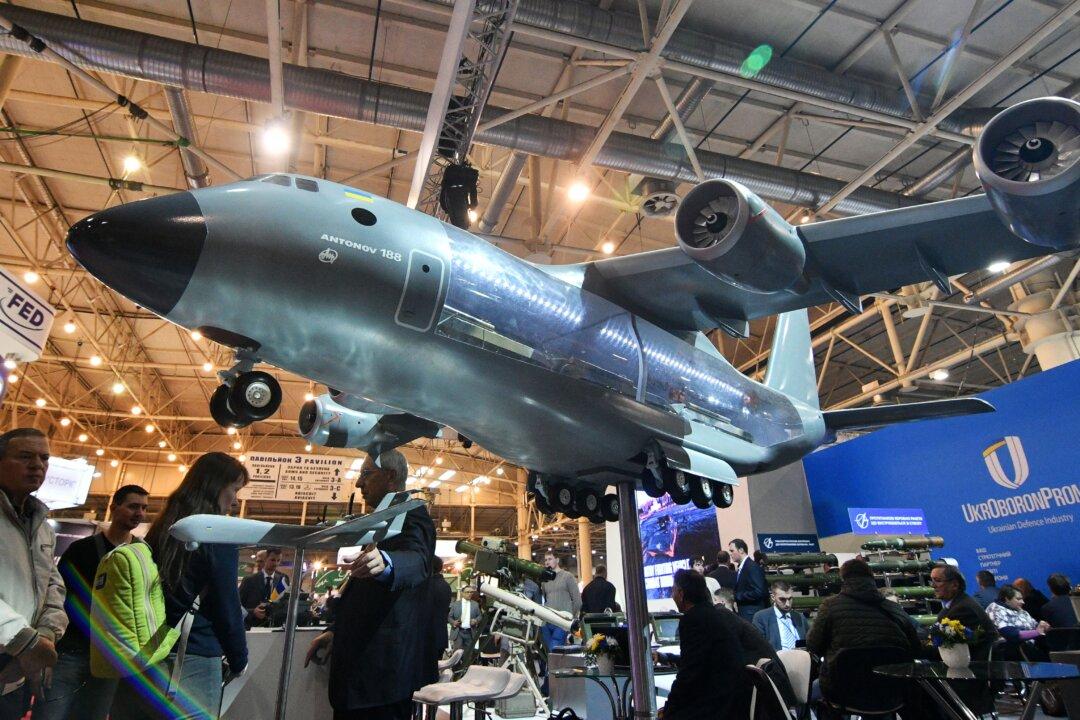The fate of Motor Sich, one of the world’s top makers of helicopter and airplane engines, hangs in the balance. And with it, the very future of Ukraine.
A stalled Chinese bid to buy a privately-held but strategically important aerospace firm in Ukraine could, if green-lighted, boost Beijing’s military capability and geopolitical aspirations, while throwing whatever hopes Ukraine has to join NATO and the European Union into a tailspin.





